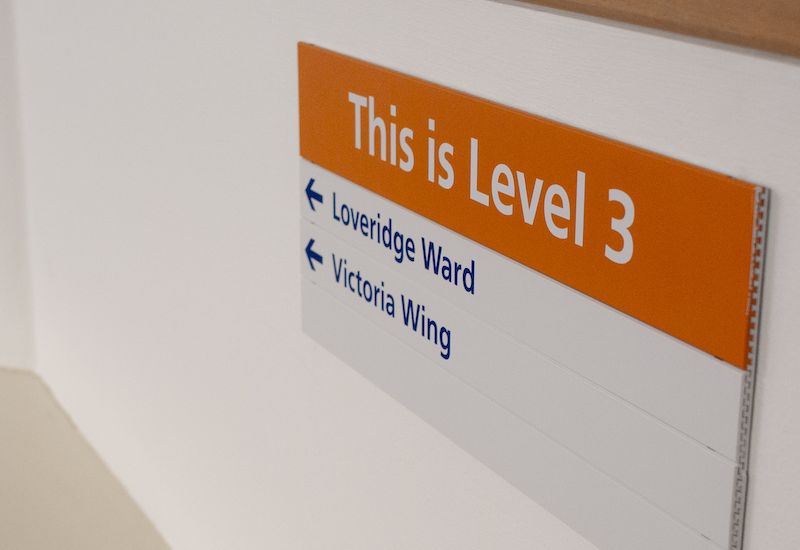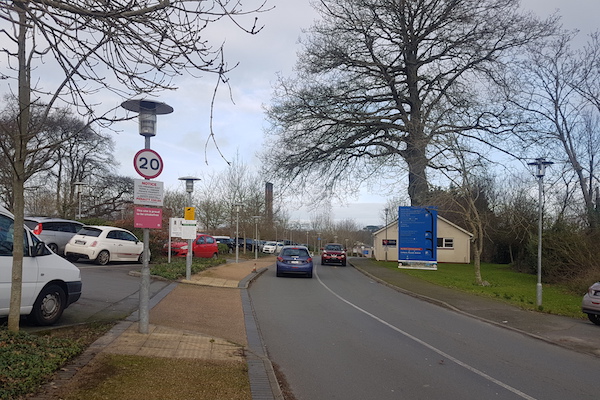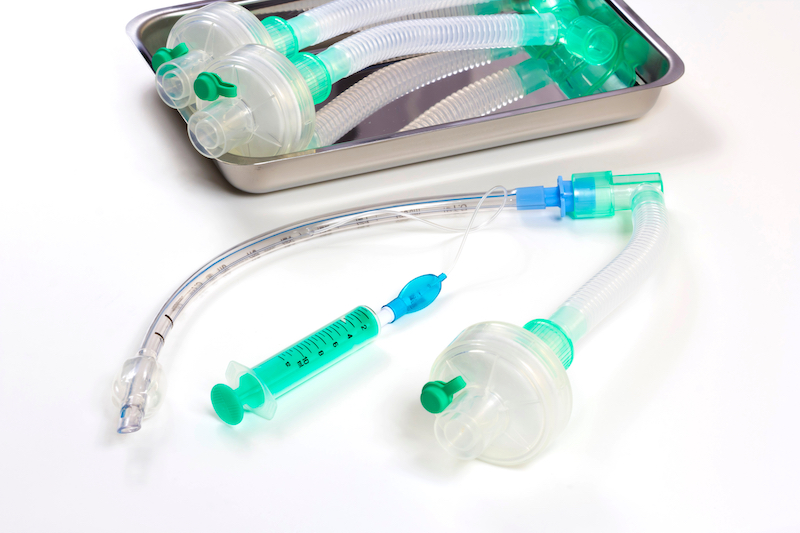

Five years after the shocking death of a baby on the PEH's maternity ward, the parents may finally be able to rest slightly easier, knowing the cause of their son's death.
Hypoxia - oxygen deprivation - and medical failings on the part of a paediatrician were the two causes according to the Judge who oversaw the inquest this week.
That inquest had first opened in October 2017, but only concluded yesterday, after three experts in their fields - obstetrics, paediatrics and pathology - gave their thoughts on the case. All of this has come five years after baby Jack Tually died, in January of 2014, leaving his family in shock as to how their son was born and said to be healthy, but passed away just 14 hours later.

An interesting point to come out of the inquest was a comment by Dr Mark Ashton. He said Guernsey's geographical location meant it could not be expected to deliver as high a standard of care as in the UK. He also said if baby Jack was in his tertiary unit, he would have expected him to survive.
A timeline of Jack Tually's life on 29 and 30 January 2014:
At the time, the incident set off shockwaves through the maternity sector of health care in Guernsey. It triggered a major review by the Nursing and Midwifery Council, which saw four midwives struck off, two directly involved in this case.
Since then, maternity care has evolved entirely, and Health & Social Care give regular assurances that it is now vastly better than it once was.
Questions have also been asked of the doctors involved in the build up to the birth, the delivery and the post natal care.
Why was Mrs Tually not offered a caesarian? Why was she given Syntocinon without a prescription? Why did Jack come out of the birth with "extreme scalp trauma"? And why did a doctor fail to intubate Jack three times?
While it was not the job of Judge Philip Robey to divvy out blame to various parties, much of the evidence he heard when trying to identify a real cause of death did suggest a number of faults were made in the care of the Tuallys.
Andrew and Jesyka Tually, the parents of baby Jack, issued a statement following the decision made by Judge Robey which said: "While one of the experts at the inquest concluded in his report that all the failings, 'in all probability, contributed in some way to' Jack’s death, because of the legal technicalities employed by the inquest, it has not been possible to directly attribute the failings in care to Jack’s cause of death. We will always feel those failings in care, whether individually or collectively, contributed to the loss of our beloved son.
"The expert evidence before the inquest identified other failings in care. Specifically, Mr Carl Jensen, the consultant obstetrician involved with Jack’s delivery, was alleged by the experts to have failed to properly assess Jack’s case and performed a “possibly dangerous instrumental delivery”, causing an “extreme scalp” trauma to Jack which led to haemorrhage.
"Dr Susan Eckhardt, the consultant paediatrician involved with Jack’s postpartum care, was alleged by the experts to have failed to diagnose Jack’s condition, failed to seek help and failed to correctly intubate Jack three times. Jack was deprived of oxygen for the first eight hours of his life. The expert evidence at the inquest confirmed that Jack’s condition could have been survivable had he received proper treatment."

Dr Jensen, who according to the experts who spoke to Judge Robey could have contributed to the death, is still working as an obstetrician.
Dr Jensen still works as an obstetrician in Guernsey, and during the inquest, his lawyers said he denied any wrong doing. But Dr Mark Ashton, one of those three experts, explicitly said the "trauma" caused to Jack during his delivery "could" have been the cause of PPHN.
As reported previously, the midwives involved have since been struck off.
Overall, the findings that Jack died of Hypoxia caused by PPHN still leaves some questions. According to Dr Ashton, PPHN is unpredictable, and exactly what causes it is not known. He said what we did know is that it was a rare circulatory condition that happened directly after birth, where a child's breathing did not adapt from before it was delivered. He said it was survivable if treated correctly.

The paediatrician looking after Jack failed to intubate him three times. An ETT (pictured) was also left inside Jack with 100% leak, meaning it was not working. That was inserted around three hours before it was properly replaced.
One of the key reasons baby Jack did not survive was because of the failings of Dr Eckhardt to care for his breathing, according to Judge Robey.
He said her failure to successfully intubate Jack was a contributing factor to the death:
"Dr Ashton gave evidence about the treatment administered to baby Jack following the sudden deterioration in his condition around 06:15. Jack was intubated but the intubation was unsuccessful. A 100% leak was indicated which persisted until re-intubation was achieved around 09:40. The lack of effective intubation during that period was considered by Dr Ashton to have contributed to baby Jack's death.
"I accept Dr Ashton's opinion and find on a balance of probabilities that baby Jack's death was contributed to by the lack of effective intubation in the stated period."
Express understand Dr Eckhardt is not currently working in Guernsey.
So while questions do still remain, with the Tually's still only receiving part of the answers they want, the case has come to an end, and what was once an incorrect cause of death on baby Jack's death certificate can be updated.
Deputy Heidi Soulsby giving a statement after the inquest concluded. She has been reassuring the public that this "nightmare" case prompted major improvements in the island's maternity offerings.
Looking forward, Health & Social Care President Deputy Heidi Soulsby issued a statement following the delivery of the judgement.
She offered her and the entire health sector's deepest condolences to the family.
"On behalf of the Committee for Health & Social Care, I’d like to say that we welcome today’s verdict. It has been five long years since Baby Jack died, and the intervening time has weighed heavily on all concerned, but above all of course, on his parents," she said.
"I understand that it may be of little comfort to Baby Jack’s parents, but, as is widely known, this tragic case sparked a process of review, investment and work with the Nursing and Midwifery Council that brought many changes to the way we deliver these vital services. Our maternity services today are not the same as they were in 2014 as a result.
"While I am pleased that the community has been, and can continue to be, reassured about the improvements we have made and the standard of care we offer, those achievements in recent years do not change the past, for which I am sorry. I just hope today’s verdict will help them obtain some sort of closure, if at all possible."
Comments
Comments on this story express the views of the commentator only, not Bailiwick Publishing. We are unable to guarantee the accuracy of any of those comments.